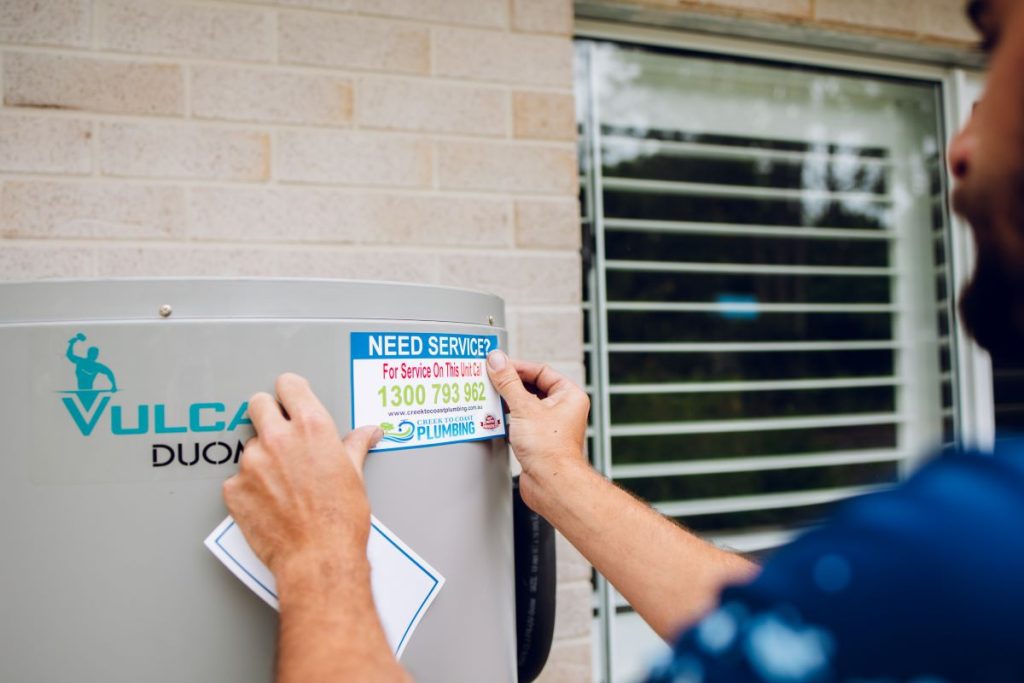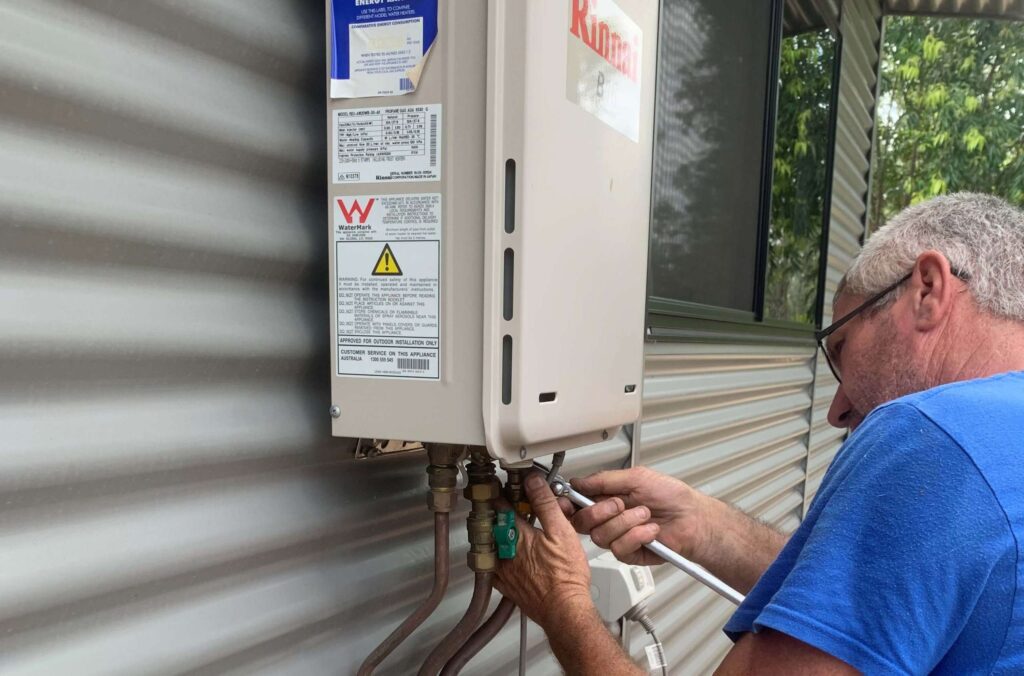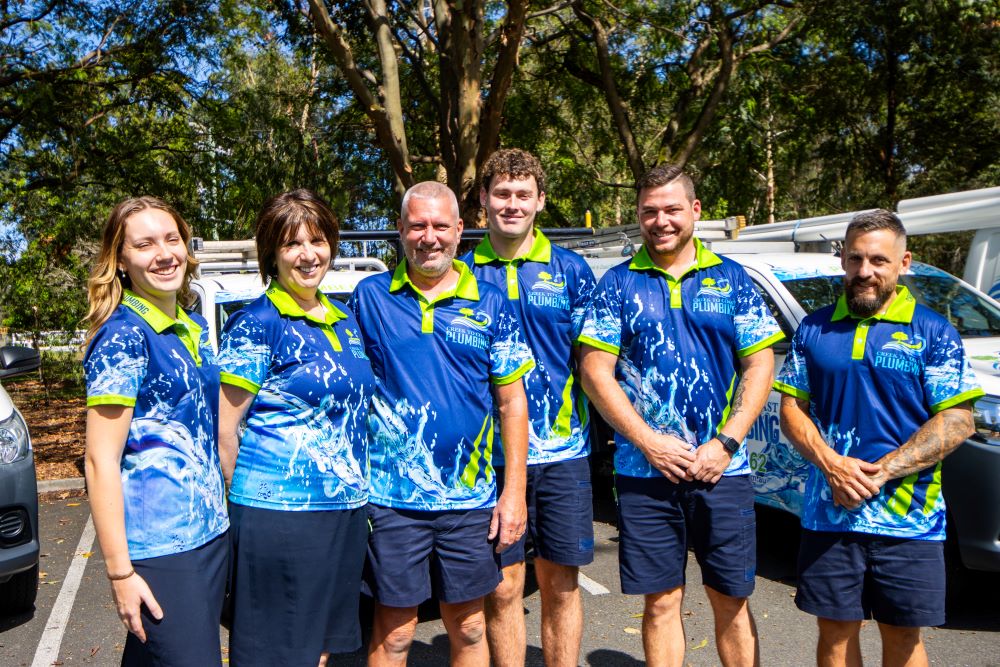If you are considering installing a solar hot water system in Queensland, understanding the concept of booster systems is essential. These systems play a significant role in maintaining efficiency and convenience in your hot water supply. Are they truly a necessity for your solar hot water setup? What challenges might you encounter if you decide to forgo this critical component? Addressing these questions is vital for homeowners aiming to optimize their hot water efficiency and comfort.
The response is an emphatic yes — a booster is crucial. In this comprehensive guide, we will delve into the operation of solar hot water systems, the conditions that prompt the need for a booster, and the essential knowledge that Queensland homeowners should possess to avoid unexpected cold showers while ensuring a dependable hot water supply throughout the year.

Uncover the Importance of Boosters for Your Solar Hot Water System
A booster serves as a secondary heat source, typically utilizing electricity or gas, to efficiently heat your water supply when the solar energy is inadequate. This functionality is crucial for ensuring a consistent supply of hot water, especially during situations such as:
- Overcast or rainy days when solar energy generation is diminished
- Early mornings or late evenings when sunlight is limited
- Winter months with shorter daylight hours that reduce solar gain
- High-demand periods, including extra showers or laundry loads
Without a booster, your solar hot water system may face challenges delivering a consistent supply of hot water, particularly during peak usage times or unfavorable weather conditions. Therefore, grasping the significance of a booster is indispensable for maximizing your hot water experience and comfort.
Making an Informed Choice Between Electric and Gas Boosters for Maximum Efficiency
Electric Boosters are prevalent in homes that rely exclusively on electricity. These systems automatically heat the water whenever the solar input dips below a specific threshold. The advantages of electric boosters include:
- Widely accessible and easy to install, making them a favored option
- Lower initial installation costs compared to gas systems
- Operates automatically to ensure hot water availability, providing significant convenience
- Potentially higher running costs, which can vary depending on your energy tariff
On the other hand, Gas Boosters are often favored in households with an existing gas supply. They provide on-demand heating, meaning they activate only when hot water is needed. The benefits of gas boosters include:
- Rapid and efficient heating capabilities, delivering hot water promptly
- Generally lower running costs than electric boosters, leading to potential savings
- Higher initial installation costs if a gas connection is not already established
For households with continuous-flow hot water needs or those transitioning from off-grid solar systems, we strongly recommend considering gas boosters due to their enhanced efficiency and performance benefits, ensuring you have hot water when you need it most.
Understanding How Solar Boosters Integrate with Your Hot Water System
Most solar hot water systems feature a thermostat or sensor that continuously monitors the water temperature. If the temperature falls below the required level—usually set at 60°C for health compliance—the booster automatically activates, ensuring you always have access to hot water, regardless of external conditions.
Homeowners have the option to choose between two configurations:
- Manual Boosting: This option allows you to control when to activate the booster system, providing greater flexibility for users.
- Automatic Boosting: The system activates the booster only when necessary, enhancing convenience and efficiency for homeowners.
In Queensland, automatic boosters are more prevalent due to their compliance with local regulations and the convenience they offer homeowners, ensuring peace of mind and a reliable hot water supply.

Essential Regulations for Solar Hot Water Systems in Queensland
According to the Queensland plumbing regulations, it is mandatory for a compliant solar hot water system to consistently deliver hot water year-round. This requirement highlights the critical need for a booster system to ensure compliance with local standards.
This regulation also emphasizes a vital safety standard. To prevent the proliferation of harmful bacteria such as Legionella, hot water must consistently reach a minimum temperature of 60°C. Without a booster, maintaining this temperature can be challenging, especially during cloudy or cold days when solar energy input is insufficient.
Identifying Common Issues with Your Solar Booster System
How can you tell if your booster is malfunctioning? Look out for these common indicators:
- Water remains lukewarm during the colder winter months
- Cold showers in the mornings, even after sunny days
- System fault lights or error codes displayed on your unit, signaling potential issues
- Hot water only available after extended exposure to sunlight, indicating inadequate heating
What steps should you take?
If your system is underperforming, the issue could lie with the booster rather than the solar panels themselves.  Schedule a thorough system inspection with our professional team to promptly identify and rectify any issues.
Schedule a thorough system inspection with our professional team to promptly identify and rectify any issues.
Recommended Maintenance Intervals for Ensuring Solar Boosters Function Optimally
To guarantee that your solar system and booster operate at peak performance, we recommend scheduling maintenance every 2–3 years. However, you may need to consider servicing sooner if you observe:
- Your system is older than five years, which can lead to decreased efficiency
- Inconsistent water temperatures, suggesting possible malfunctions
- A considerable amount of time has elapsed since the anode rod or valve was inspected, potentially affecting performance
Regular maintenance not only helps to prevent system breakdowns but also ensures that your booster activates when necessary, providing consistent hot water when you need it the most.
Assessing the Financial Impact of Boosters on Your Energy Bills
A properly installed and well-maintained booster system tends to have a minimal impact on your energy expenses, particularly in comparison to systems that rely solely on electric heating for water.
To minimize the frequency of booster usage and associated costs, consider implementing the following strategies:
- Install a timer for manual boosters to optimize energy usage effectively
- Utilize hot water primarily during daylight hours when solar energy is both abundant and cost-effective
- Insulate your plumbing to reduce heat loss, thereby enhancing overall efficiency
Professional Assistance for Your Solar Booster Needs in Queensland
We provide comprehensive services for the supply, installation, and maintenance of solar hot water systems with boosters across Caboolture, Moreton Bay, and North Brisbane. If you are uncertain about the functionality of your booster or require assistance in selecting the ideal type for your system, we are here to guide you through your options.
 Contact a licensed solar plumber today for expert recommendations regarding your system.
Contact a licensed solar plumber today for expert recommendations regarding your system. Explore detailed cost comparisons and various system types here to make a well-informed decision.
Explore detailed cost comparisons and various system types here to make a well-informed decision.

Frequently Asked Questions About Solar Boosters Addressed
Can I turn off my booster to save energy?
Yes, you can, but this is only advisable if your system allows for manual control. However, proceed with caution—without proper monitoring, you significantly increase the risk of experiencing cold water, especially during high-demand times.
What is the ideal temperature for hot water?
Hot water should reach a minimum of 60°C for storage systems. This temperature is not only a legal requirement but also a crucial health standard in Queensland to ensure safety and prevent the growth of harmful bacteria.
Is it possible to add a booster to an existing solar system?
Absolutely! We can retrofit boosters onto compatible systems or help you upgrade to a new model that comes with integrated controls for enhanced functionality and efficiency.
The Article: Solar Hot Water Systems: Is a Booster Necessary? first appeared on https://writebuff.com
The Article Booster for Solar Hot Water Systems: Is It Needed? Was Found On https://limitsofstrategy.com

